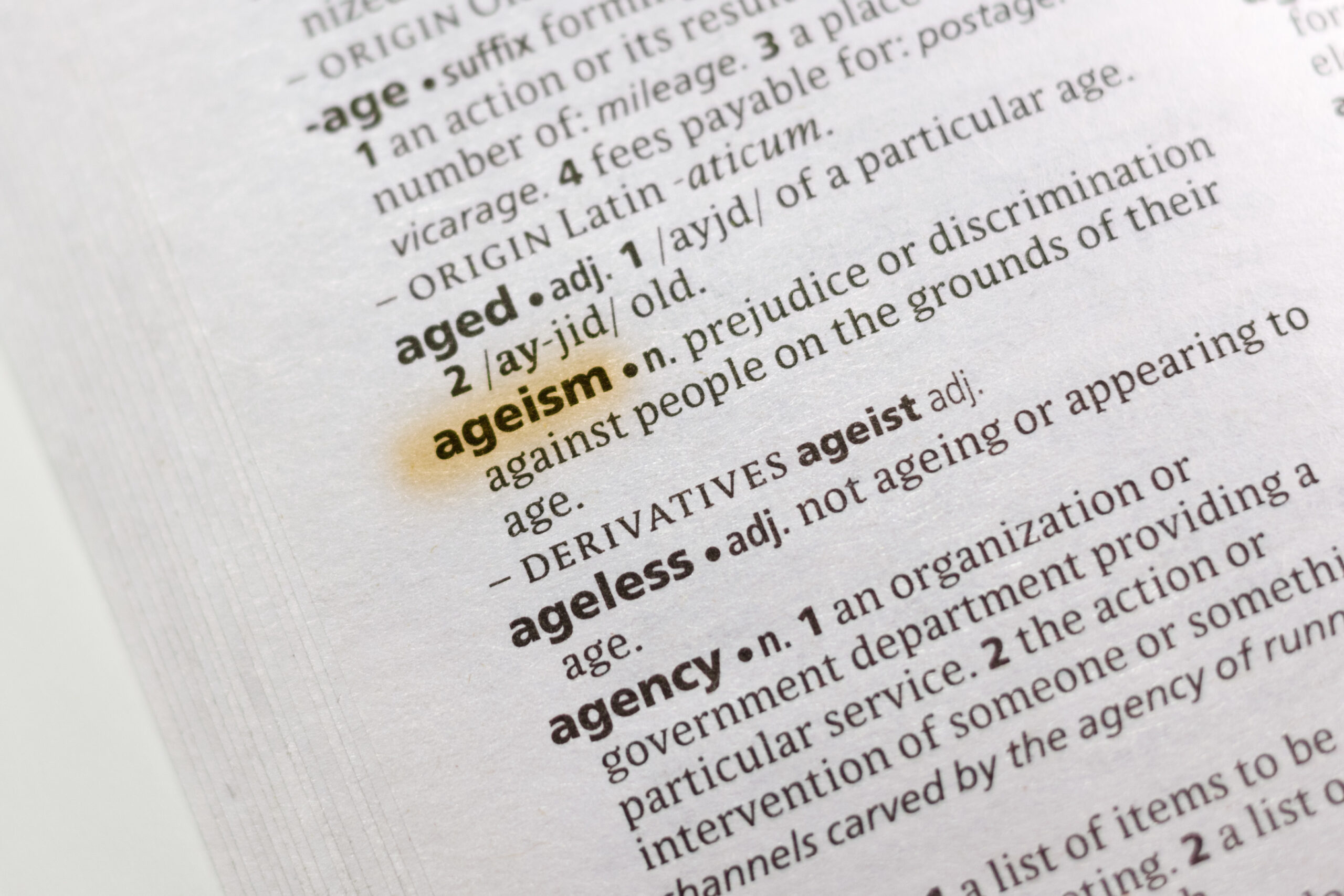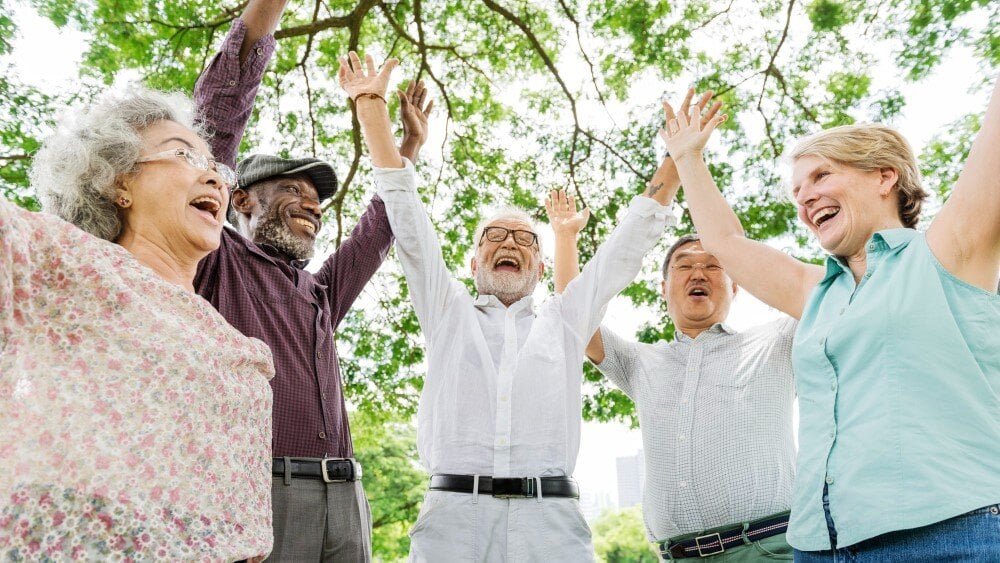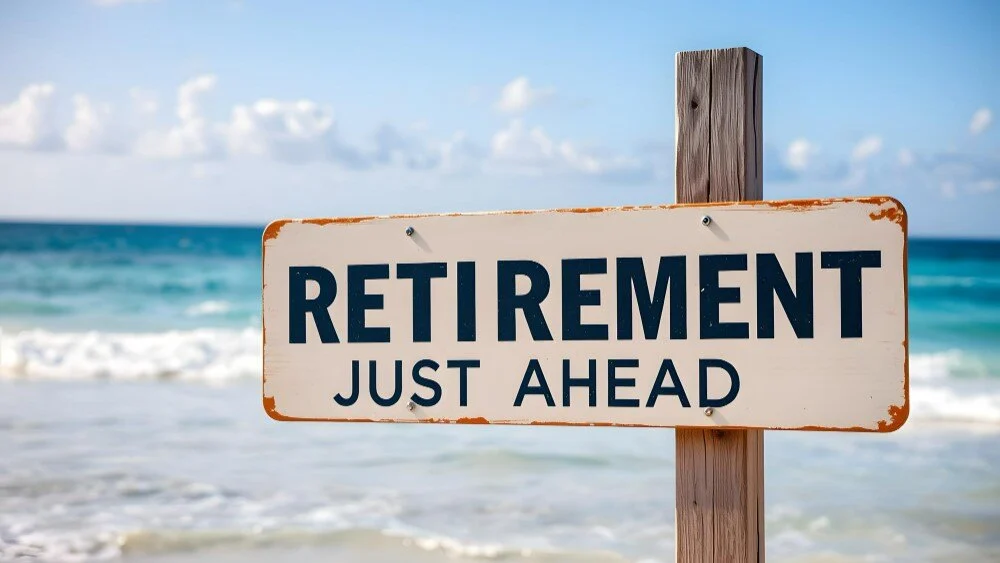Our local newspaper recently ran an article about the secrets of navigating the job market after age 60. Any of us who have done this knows the anxiety that surrounds this experience. Especially for us Baby Boomers who were born between 1946 to 1964 and who believed the world was made for us.
We know ourselves as the Pepsi Generation, the Youth Movement, the “Never Trust Anyone Over 30” firebrands. Baby Boomers have completely reshaped American society and lent their collective energies to Civil Rights, the Women’s Movement, the Woodstock Generation, LGBT Rights, Earth Day and ecojustice, and a host of other social changes. We have reshaped education, sports, politics and consumer choice.
In my 30s, I grew a beard in order to gain some look of authority. At 26, I served as pastor to a church whose previous pastor had served them for 27 years! I needed all the age-related authority I could muster.
Now, as we Boomers anticipate our 60s, we feel the sting of another social ill. But this one is directed at us—age discrimination. So many of our generation still feel the desire to remain productive and stay engaged in our careers well past the age of 65.
Ageism has entered our social discourse as the Boomers age. I remember leaving a job at age 55 and trying to reenter the workforce. I had no idea how challenging it would turn out to be. As rejection notices came in for every application submitted, I certainly began to doubt myself. I had never been without a steady job since I graduated from seminary at age 26. Work was my passion, my calling, as important as my closest family. But as the months passed and I sat unemployed, I faced my fears with little hope for the future.
At 55, with more than two decades of industry experience, I was no longer a sought-after commodity. Ageism is rather pernicious. It is largely invisible and unspoken in our society. That unstated perception that older adults are less productive and without worth is a stereotype like any other. It is often reinforced by popular culture and social media, witness our current political campaigns. We may find ourselves joking about our own aging, as in “oops, my brain isn’t as fast as it used to be.” My personal favorite retort has become, “Please wait. My hard drive is getting too full. It takes me longer to retrieve information.”
The generation that thrived on its youthful energies and images now finds itself wanting Botox treatments and vitamin supplements for better brain function.
How different we are from other cultures! In Native American, Japanese, Chinese and other modern societies, elders are revered and valued for their wisdom and experience. It is a painful lesson to hear the recent social jibes, “OK, Boomer” that are meant to dismiss us as irrelevant and selfish.
United Church Homes, like many other senior living organizations, has adopted fighting ageism as one of our primary missions. We believe that older adults deserve respect and support as they pursue their best life at whatever age they may be. That never ends.
We have even engaged with the Encore organization, too. This group places retired professionals in a variety of paid roles in nonprofits. With the help of the Delmar Foundation and the Dayton Community Foundation, we have our own Encore fellow assisting the media development of our anti-ageism curriculum with the Ruth Frost Parker Center for Abundant Aging. A retired educator and media specialist, our Encore fellow continues to grow and share his valuable expertise with UCH. This will greatly impact our efforts to educate people and hopefully diminish the effects of age prejudice in our society.
As a Boomer myself, I am very sensitive to the signs of anything that keeps me from pursuing my best life. After all, we are the parents that invented participation trophies for our kids in youth sports activities. But we are also the generation that changed the way we look at consumer products, the environment, social justice, democracy, and now even aging itself.
When I sat at home watching the rest of the world go to work when I didn’t have a job, I wondered if I were somehow washed up and washed out as an older professional. Instead, I found that my skills and experience were very much still needed.
Through networking and sharing my story, I came to the attention of another nonprofit, not in my industry. But they needed my set of skills and leadership experience to assist their own unique challenges. I ended up in a new role for me as the interim president of Lancaster Theological Seminary in Pennsylvania, a graduate professional school related to the United Church of Christ.
That year in Lancaster helped me heal, recover my confidence, and use my hard-earned skills to help the school transition to its own new chapter of leadership. Along the way, my resume landed at the door of United Church Homes, and the rest, as they say, is history.
I am also very aware as a white man with more perceived social privilege. I didn’t face near the challenge of someone whose search process would be far more difficult because they were female, a person of color, disabled or LGBTQ.
At UCH, we want to be an employer of choice, providing fair wages and benefits. We also want our hiring practices to promote diversity and opportunity for all.
Navigating life’s challenges is difficult at any age in our rapidly changing society. But age itself — or any other social factor — should not be a deterrent to doing our best work, fulfilling our life’s passion, and continuing our own development. We are never too old for any of that.
View all articles by:






















